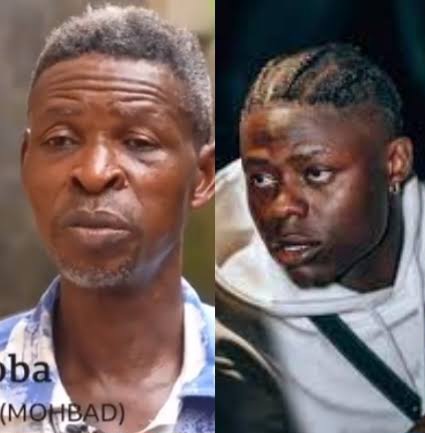Mohbad’s father, Mr. Joseph Aloba, has filed an application at the Ikeja State High Court to challenge the legal advice, decision, and recommendation issued by the Director of Public Prosecutions (DPP) regarding the death of his son, Ilerioluwa Aloba, popularly known as Mohbad.
In the suit marked ID/6197MJR/2025, dated March 12, 2025, and filed on March 13, 2025, Aloba, represented by his lawyer, Dr. Wahab Shittu (SAN), is seeking the court’s leave to quash the DPP’s legal advice, which led to the discharge and acquittal of four prime suspects in the case. The suspects include Abdulazeez Fashola (Naira Marley), Samason Balogun (Sam Larry), Owoduni Ibrahim (Prime Boy), and Pere Babatunde.
Aloba’s motion is based on three grounds:
- Lack of Fair Hearing: Violation of Section 36 of the 1999 Constitution.
- Pre-emption of Coroner’s Inquest: The DPP’s legal advice was issued while the coroner’s proceedings were still ongoing.
- Release of Vital Suspects: Key individuals implicated in the coroner’s inquest were freed prematurely.
In an 18-paragraph affidavit, Aloba detailed the circumstances surrounding his son’s death on September 11, 2023, which he described as “unnatural and suspicious.” He emphasized that the coroner’s inquest, initiated at his request and marked COR/IKD/10/2023, is still ongoing before Coroner Magistrate T.A. Shotobi.
Aloba expressed concern that the DPP’s legal advice, which led to the suspects’ discharge on February 26, 2025, undermines the coroner’s investigation and obstructs justice. He argued that the respondents—the Lagos State Attorney General, Lawal Pedro (SAN), and the DPP, Dr. Babajide Martins—acted improperly by issuing the legal advice while aware of the pending coroner’s inquest.
He urged the court to intervene, stating that allowing the DPP’s legal advice to stand would compromise the integrity of the coroner’s proceedings and deny his family justice. Aloba concluded by affirming his faith in the judicial process and his commitment to seeking justice for his late son.
The case highlights the tension between the coroner’s inquest and the DPP’s legal advice, raising critical questions about due process and the pursuit of justice in Mohbad’s tragic death.




